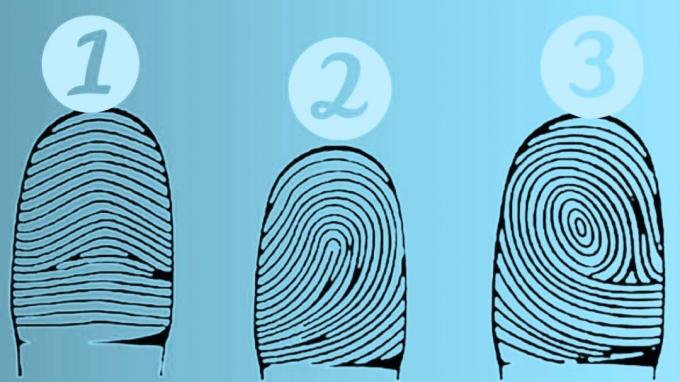At the beginning of the Mesozoic era, more precisely at the end of the Triassic period, there are approximately 208 and 245 million years ago, there was the appearance of animals that dominated the Earth during this entire era, the dinosaurs.
With small species (comparable in size to a chicken) and others that exceeded 10 meters in height, the dinosaurs had habits varied food, with some species being herbivores and others carnivores (they fed on insects, amphibians and even others dinosaurs).
There is still no scientific proof, but some scholars believe that some species of dinosaurs were endothermic, that is, they were warm-blooded, just like today's birds and mammals.
Approximately 65 million years ago, dinosaurs became extinct from our planet. The most accepted theory for this extermination is that an asteroid about 10 km in diameter has fallen over the earth's surface, causing the collapse and consequent extinction of all living organisms that inhabited.
In the texts in this section you can learn about the most accepted theories in the academic world about the reproduction, evolution and extinction of these animals that arouse our curiosity.
by Paula Louredo
Graduated in Biology

